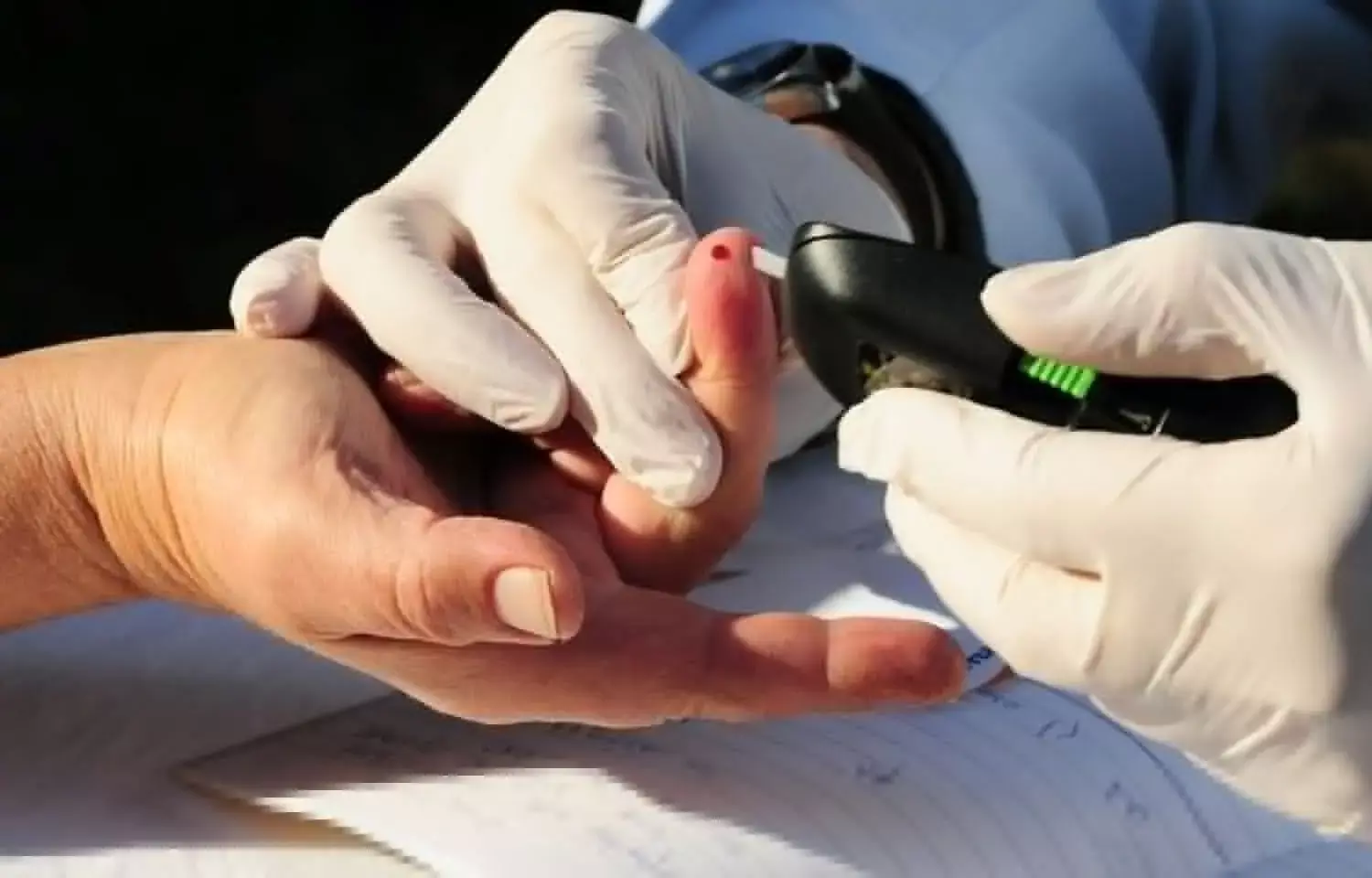- Home
- Medical news & Guidelines
- Anesthesiology
- Cardiology and CTVS
- Critical Care
- Dentistry
- Dermatology
- Diabetes and Endocrinology
- ENT
- Gastroenterology
- Medicine
- Nephrology
- Neurology
- Obstretics-Gynaecology
- Oncology
- Ophthalmology
- Orthopaedics
- Pediatrics-Neonatology
- Psychiatry
- Pulmonology
- Radiology
- Surgery
- Urology
- Laboratory Medicine
- Diet
- Nursing
- Paramedical
- Physiotherapy
- Health news
- Fact Check
- Bone Health Fact Check
- Brain Health Fact Check
- Cancer Related Fact Check
- Child Care Fact Check
- Dental and oral health fact check
- Diabetes and metabolic health fact check
- Diet and Nutrition Fact Check
- Eye and ENT Care Fact Check
- Fitness fact check
- Gut health fact check
- Heart health fact check
- Kidney health fact check
- Medical education fact check
- Men's health fact check
- Respiratory fact check
- Skin and hair care fact check
- Vaccine and Immunization fact check
- Women's health fact check
- AYUSH
- State News
- Andaman and Nicobar Islands
- Andhra Pradesh
- Arunachal Pradesh
- Assam
- Bihar
- Chandigarh
- Chattisgarh
- Dadra and Nagar Haveli
- Daman and Diu
- Delhi
- Goa
- Gujarat
- Haryana
- Himachal Pradesh
- Jammu & Kashmir
- Jharkhand
- Karnataka
- Kerala
- Ladakh
- Lakshadweep
- Madhya Pradesh
- Maharashtra
- Manipur
- Meghalaya
- Mizoram
- Nagaland
- Odisha
- Puducherry
- Punjab
- Rajasthan
- Sikkim
- Tamil Nadu
- Telangana
- Tripura
- Uttar Pradesh
- Uttrakhand
- West Bengal
- Medical Education
- Industry
1-hour plasma glucose useful tool for predicting risk of hepatic fibrosis

USA: 1-hour plasma glucose (1-h PG) is a useful tool for distinguishing subjects with normal glucose tolerance (NGT) or impaired fasting glucose (IFG) at increased risk of hepatic fibrosis needing further evaluation with elastography, research finds. The study appears in Diabetes Research and Clinical Practice on June 27, 2022.
People with high 1-hour plasma glucose (1-h PG>155mg/dl;8.6mmol/l) during an oral glucose tolerance test have been reported to be at increased risk of type 2 diabetes (T2D) and cardiovascular complications, mortality, and hepatic steatosis. However, there is no clarity on the clinical relevance of 1-h PG for the severity of hepatic fibrosis risk.
Ram Jagannathan, Department of Medicine, Division of Hospital Medicine, Emory University School of Medicine, Atlanta, GA, USA, and colleagues used cross-sectional data of the CATAMERI study (n=2335). Participants underwent liver enzyme determinations, anthropometric measurements, cardiometabolic profiling, and a 75-gram oral glucose tolerance test, including fasting, 1-h, and 2-h PG determinations, and measurement of FIB-4 score to assess the degree of hepatic fibrosis. The risk of advanced hepatic fibrosis with worsening glycemic status was evaluated using multivariable logistic regression analysis.
Key findings of the study include:
· Study group was stratified into 6 categories based on glycemic status: normal glucose tolerance (NGT) 1h-PG Low, NGT 1h-PG High, iIFG 1h-PG Low, iIFG 1h-PG High, IGT, and newly detected T2D.
· Anthropometric and cardiometabolic profiles worsened gradually with glycemic status.
· Compared to NGT-1h-PG Low group, worsening glycemic status was significantly associated with the severity of fibrosis, independent of other significant clinical risk factors.
The researchers concluded by saying, "1-PG is a valuable tool for stratifying subjects with NGT or IFG at heightened risk of hepatic fibrosis requiring further evaluation with elastography."
Reference:
The study titled, "One-Hour Post-load Glucose is Associated with Severity of Hepatic Fibrosis," was published in the journal Diabetes Research and Clinical Practice. DOI: https://doi.org/10.1016/j.diabres.2022.109977
Dr Kamal Kant Kohli-MBBS, DTCD- a chest specialist with more than 30 years of practice and a flair for writing clinical articles, Dr Kamal Kant Kohli joined Medical Dialogues as a Chief Editor of Medical News. Besides writing articles, as an editor, he proofreads and verifies all the medical content published on Medical Dialogues including those coming from journals, studies,medical conferences,guidelines etc. Email: drkohli@medicaldialogues.in. Contact no. 011-43720751


